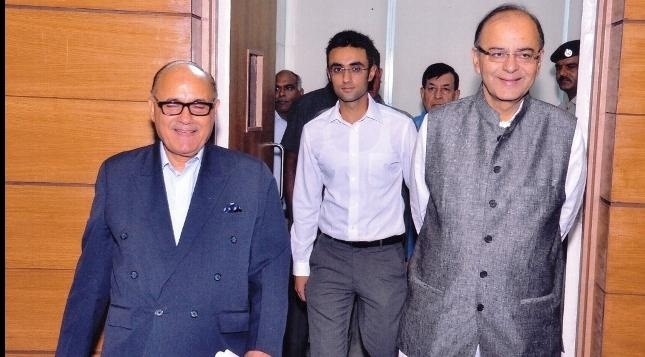
The Society of Indian Law Firms (Silf) has sent its notes to the commerce ministry in the latest stage of the liberalisation talks.
Read the 52-page response in full below, which Silf chairman Lalit Bhasin has shared with us for publication after sharing with members earlier today.
Silf included its:
- detailed clause-by-clause comments on the BCI draft (37 pages),
- a 3-page note on the definition and meaning of reciprocity under the Advocates’ Act, and
- three pages on “vires” - whether the BCI would be allowed to allow the entry of foreign law firms without any legislation.
In its 10-page cover letter to the documents, Silf has re-articulated its three-phase plan:
13. “Opening up” (and definitions can vary), has not been suddenly brought about in any jurisdiction. Generally, “opening up” has been seen to involve following three phases. An assessment is done after each phase and if required the going forward plan may be suitable modified and appropriate short term and mid-term actions are taken.
a. Phase I: review and reform the domestic sector to get to “level playing field”;
Phase II: foreign lawyers (usually titled as “Foreign Legal Consultants” (FLC)) and foreign law firms staffed by FLCs are permitted to have presence in the host country India solely to provide advice on foreign law under controlled conditions (including restrictions on hiring or other relationship with local bar other than referral relationships; and no surrogacy);
Phase III: foreign law firms/lawyers to be permitted to undertake practice in certain areas of law of the host country – commencing with joint ventures with local bar under controlled conditions; then over a period of time their own offices with limitations on number of licenses to be granted; moving on eventually to open licensing.
On the issue of whether the BCI would even have the power to pass the draft rules – which Silf argues in its draft would be classified as delegated legislation - the note states that “some concerns do appear with regard to their vires”:
It would be critical that the framework to be established going forward is legally sound. SILF has examined at some depth the question of viresof the rule making powers under the Advocates Act. A note in that behalf is attached. It is responsibility of all stakeholdersthat this historic process is handled smoothly and avoidable difficulties do not arise in the implementation of the framework. Disruptions in the process would not be a desirable outcome more as international audience is involved. In this context the implications of the pending litigation in the Supreme Court and the Bombay High Court would also need to be considered.
Silf also attached 33 pages of the Chinese liberalisation rules in its response.
To be updated with full analysis shortly.
threads most popular
thread most upvoted
comment newest
first oldest
first
threads most popular
thread most upvoted
comment newest
first oldest
first